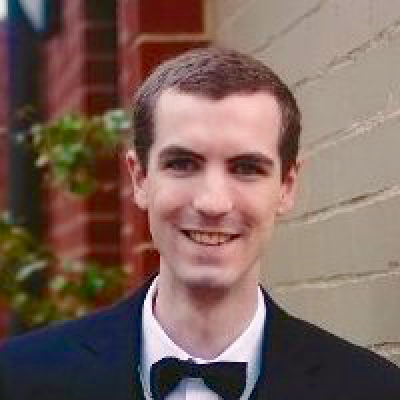
Why I give to Lifebox: Richard Seglenieks
1.) Why should people invest in safer surgery and anesthesia?
In countries with advanced healthcare systems, we are very privileged and sheltered from the reality of most of the world’s population, who still don’t have access to safe surgery and anaesthesia. Their lives are as important as those of our patients and they should at the very least have access to basic safe surgery/anaesthesia. It’s an area where small improvements, such as providing pulse oximeters, can produce a substantial beneficial impact.
Lifebox has an established track record of practical action – 20,000 pulse oximeters in 100 countries over eight years is very impressive.
People want to trust that the money they donate will make a real difference in people’s lives, so Lifebox is an excellent choice.
2.) What does safe surgery and anesthesia mean to you?
It’s really an all-encompassing concept describing avoiding unnecessary danger and minimising risk to patients in the perioperative period. Safety during an operation is important but it can be undermined if there aren’t suitably safe processes for preoperative and postoperative care. This is becoming a greater focal point in the global anaesthesia and perioperative medicine communities, which with time and investment will filter through to less well-resourced settings.
3.) In your experience as an anesthesia provider, how important are the pulse oximeter and Surgical Safety Checklist to your work?
Vital. I can’t imagine giving a truly safe anaesthetic without a pulse oximeter – I’ve honestly never tried it!
We have a huge array of valuable monitors in modern anaesthesia in high-income countries, yet none are as indispensable as a simple pulse oximeter.
The Surgical Safety Checklist has also become so ubiquitous that it’s hard for me to imagine working without it. I’ve lost count of the number of times the theatre team has identified a critical issue while completing the checklist, from life-threatening allergies to consent forms that don’t match the pathology. It’s quick, simple, and saves lives.

